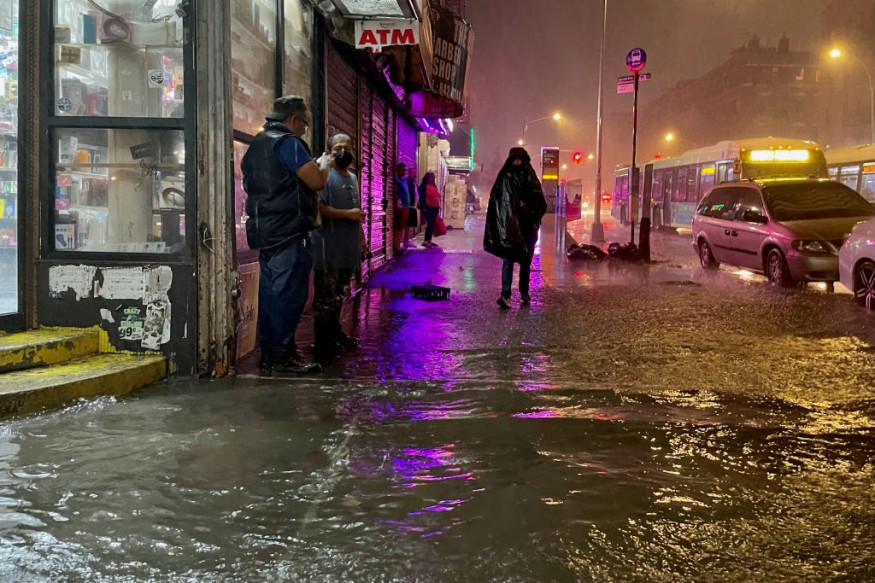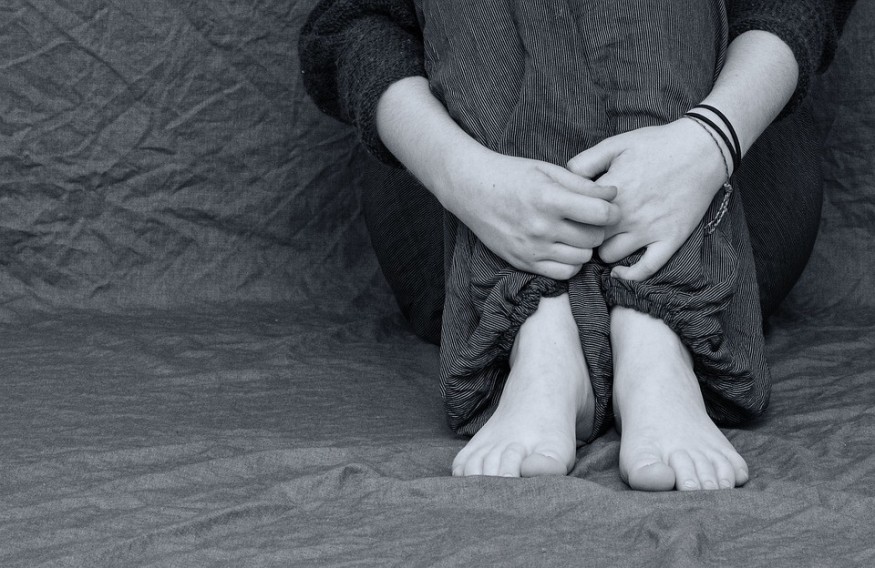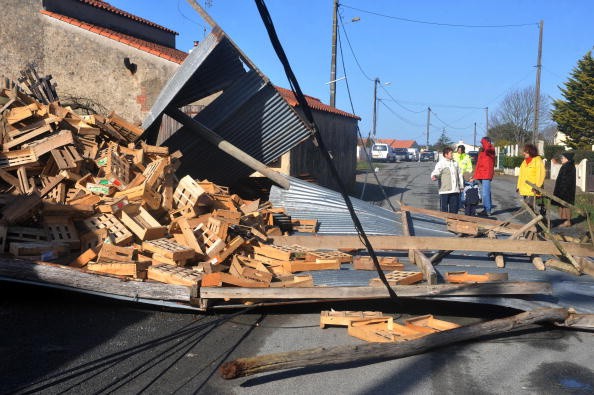Natural disasters' physical impacts may dissipate in weeks or months, but the psychological toll they take on people and communities can last for years. Individuals in disaster-prone areas can suffer from continuously experiencing a series of traumatic events and counteract the mental health effects of natural disasters when they occur when they do.

A recent study from the Texas A&M University School of Public Health indicated that frequent exposure to large catastrophes does not make people psychologically stronger: persons who have been repeatedly exposed to significant disasters had worse mental health ratings.
Furthermore, the research team discovered that the more people had experience with such incidents, the worse their mental health was.
"What doesn't kill you makes you stronger"

Garett Sansom, research assistant professor in the School of Public Health's Department of Environmental & Occupational Health, remarked, "We uncovered the inverse of the saying, 'what does not kill you makes you stronger.'"
Texas, one of the states most vulnerable to natural disasters, had 33 significant disasters designated by the Federal Emergency Management Agency (FEMA) between 2000 and 2020. Hurricanes, cold weather, drought, and flooding were all factors that influenced the Houston region. Explosions and chemical discharges from surrounding industrial facilities have also affected the neighborhood.
According to the study team, the combination of natural catastrophes and industrial facility problems provides a unique chance to examine the repercussions.
Acquiring Data
According to Sansom, "it is an unpleasant fact that many towns along the Gulf Coast are at risk from natural and anthropogenic, or human-caused, risks."
To acquire data, the researchers employed a 12-item short form health survey. The survey calculated a composite score for mental (MCS) and physical (PCS) health based on cumulative effects from exposure.
Increased Exposure to Disasters

Over the last five years, most respondents said they'd had a lot of dangerous incidents. The most common disasters were hurricanes and flooding (96.35 percent), followed by industrial fires (96.08 percent), chemical spills (86.84 percent), and tornadoes (86.84 percent) (79.82).
According to the study, individuals' MCS averages went below the projected national norms when they had two or more events in the previous five years.
"In responding to and planning for hazard exposures, mental health is frequently disregarded," Sansom added. "However, mental health needs to be taken into account to attain community resilience initiatives."
The study's findings shed light on the long-term mental effects of dangers. They also emphasize the need for public health measures aimed at these individuals and the communities in which they live.
Among Sansom's co-authors is Drs. Courtney Thompson and Lindsay Sansom of the Texas A&M University Department of Geography, Leanne Fawkes of the Environmental & Occupational Health Department, and Dr. Elizabeth Boerlin of the Occupational Safety and Health Department.
Also Read : Londoners Alerted to Minimize Physical Outdoor Activities Due to 'Very High Levels of Pollution'
For more health related news, don't forget to follow Nature World News!
© 2026 NatureWorldNews.com All rights reserved. Do not reproduce without permission.





